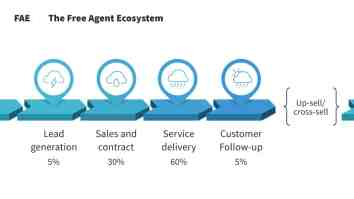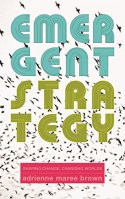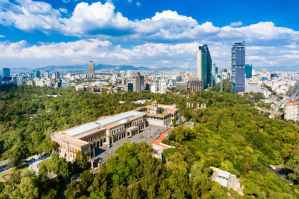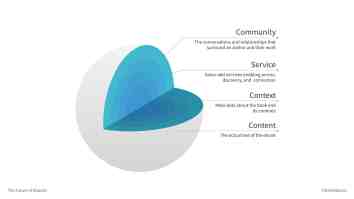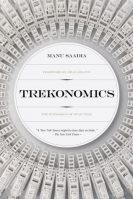
Public Libraries: Our Last Stand for Social Infrastructure
The relationships that underpin a strong community don’t happen by accident. They require “social infrastructure” – the physical spaces in which people have direct, face-to-face interaction. Communities emerge from places like schools, playgrounds, parks, athletic fields, sidewalks, courtyards, community gardens, churches, civic associations, markets, cafes, diners, barber shops, bookstores, and libraries. Libraries are the focus…

